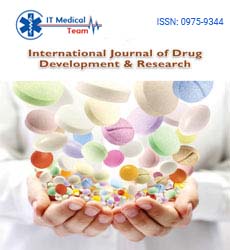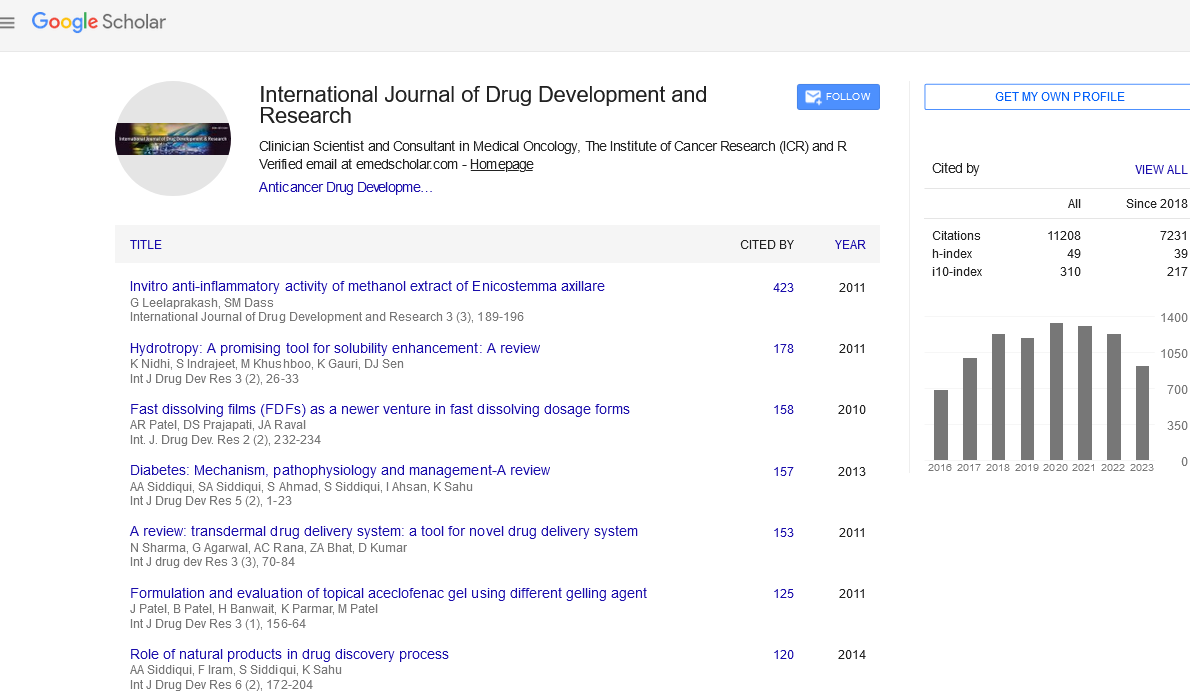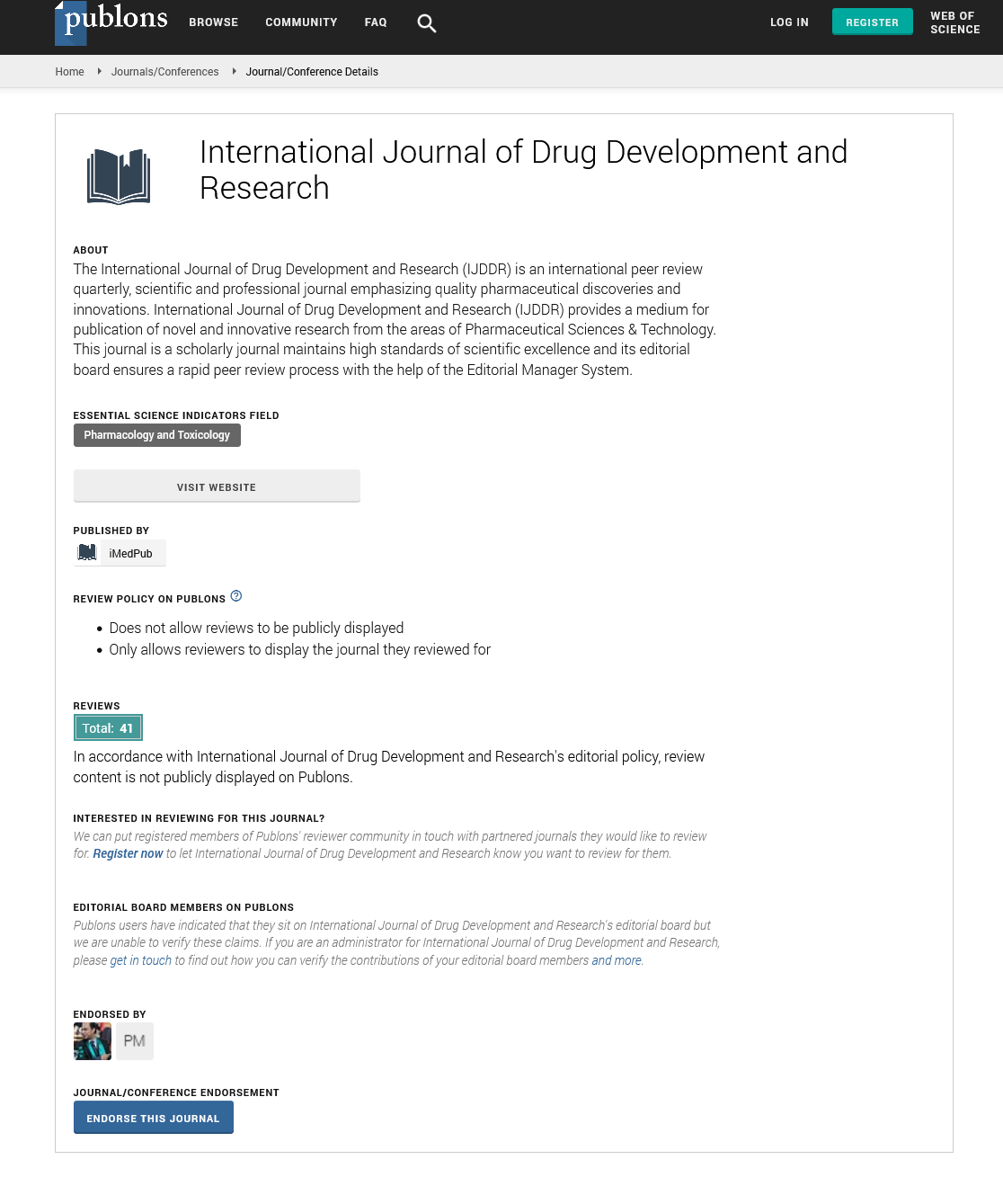Type 2 diabetes is a progressive, metabolic disorder characterised by two fundamental defects: insulin resistance at peripheral target tissues and pancreatic beta-cell dysfunction. Insulin sensitivity declines as an individual moves from normal to impaired glucose tolerance state. Pancreatic beta cells compensate by hyper-secretion of insulin in order to maintain normoglycemia. When pancreatic beta cells exhaust and the function of pancreatic beta cells deteriorates progressively, an individual progresses from the state of impaired fasting glucose or impaired glucose tolerance to frank diabetes. Despite good compliance to treatment, the glycemic control of type 2 diabetes deteriorates progressively. Hence, new therapeutic agents are continuously being developed to help our diabetes population. Recent studies have shown that early intervention at prediabetes state and beta cell protection with insulin sensitisers may improve the prognosis of diabetes. Dipeptidyl peptidase-4 (DPP-4) is the enzyme responsible for inactivating the incretin hormones glucagon-like peptide 1 (GLP-1) and glucose dependent insulinotropic polypeptide (GIP), two hormones that play important roles in glucose homeostasis. Inhibition of dipeptidyl peptidase 4 is a promising new approach for the treatment of type 2 diabetes. DPP-4 inhibition results in increased blood concentration of the incretin hormones GLP-1 and GIP. This causes an increase in glucose-dependent stimulation of insulin secretion, resulting in a lowering of blood glucose levels. Research has demonstrated that DPP-4 inhibitors portray a very low risk of hypoglycemia development. DPP-4 inhibition is safe and well tolerated, the risk of hypoglycaemia is minimal, and DPP-4 inhibition is bodyweight neutral. This is seen in association with good tolerability and weight neutrality. Hence, DPP-4 inhibition has the potential to be a novel, efficient and tolerable approach to treat type 2 diabetes. to its solution form.
5332






